LANGKAWI, 16 December 2020: A group of researchers recently coined the term ‘anthropause’, to describe the slow-down in human activities around the world due to the Covid-19 pandemic. Almost a year after the first cases in China, we are still asking where are we going next as the pandemic reshapes the future, and what does this mean for the tourism industry?
Across the world, governments are implementing lockdown to curtail the spread of the Covid-19 pandemic. People stay home, and all nations are experiencing a slow down of economic activities.
The reduction in the use of vehicles, air transport, and the reduction of factory output brought down the carbon footprint across the world. It should mean cleaner air. In India, residents in northern Punjab claimed they are now able to see the Himalayan mountain range for the first time in 30 years.
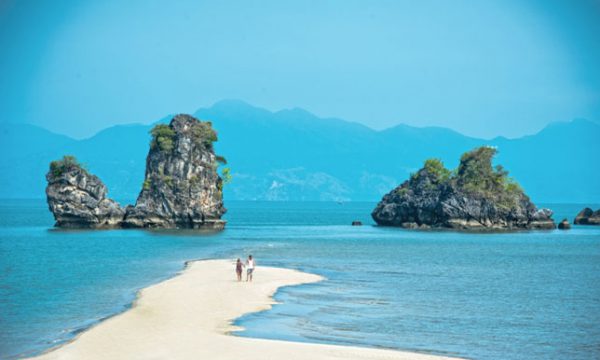
Water quality has also improved in some places. The once busy waterways in Venice are cleaner due to the lockdown on travel in Italy.
There are a lot more wildlife sightings in the urban areas, probably due to lowered levels of human interference. The reduction in noise and pollution in the city is less likely to stress wildlife out. Even mountain lions are taking a stroll in downtown Santiago, Chile. The once crowded beaches in Samui in Thailand finally saw turtles laying eggs on beaches for the first time in decades.
However, the flipside happened for wildlife that is heavily dependent on human food provision or rubbish scavenging. Hungry monkeys were running amok and fighting for food in Lopburi, Thailand. Tourists usually feed these monkeys near ancient temple ruins.
Tourism is one of the most affected sectors during this pandemic. The dimmed tourism industry also affected sustainable tourism that supports conservation and preservation of nature.
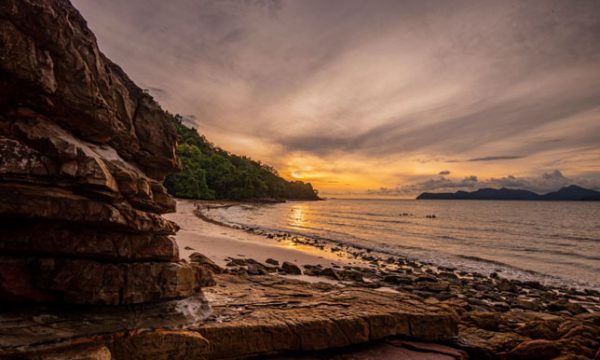
Striking a balance between the livelihood of the local community and the environment is paramount, Responsible tourism is what we need to embrace from now onwards. We need to balance development and environment.
Langkawi’s latest economic blueprint was drawn based on this current challenge. The priority for the tourism industry is to highlight Langkawi as a destination that is safe, clean and sustainable. The island has made a strong commitment to staying true to its UNESCO Global Geopark status that emphasizes protection, education and sustainable development.
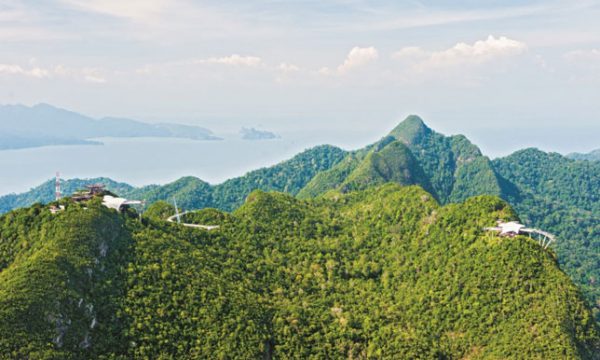
There are three main conservation areas under Langkawi UNESCO Global Geopark: Kilim Karst Geoforest Park that is surrounded by mangrove forests; the mountainous Mat Chinchang Cambrian Geoforest Park; and Dayang Bunting Marble Geoforest Park with an impressive lake.
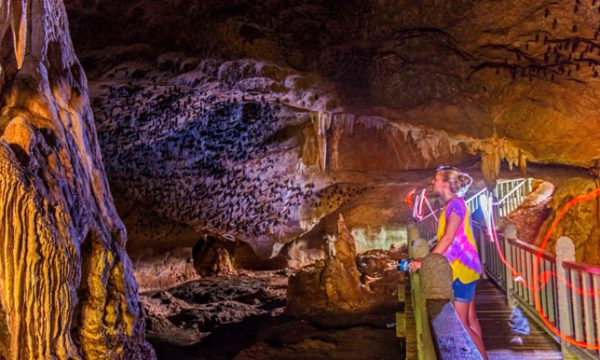
These locations serve as pivotal points for educational ecotourism and geotourism areas that also benefited the locals on top of preserving the unique environment. The constant cultivation about the ethnic, cultural, archaeological, geological and biological treasures and harmonies, the geopark serves as a reminder about the crucial ecosystem and our role to protect it.
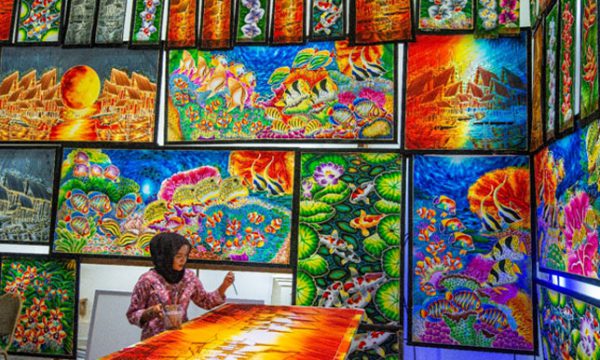
The middle ground has always been there – sustainable development. It is time we rethink our relationship with the environment and adapt for long-term resilience through sustainability.
Langkawi Development Authority (LADA) was established by the federal government to plan, promote and implement development on the island of Langkawi.LADA was officially established 15 March 1990, under the Langkawi Development Authority Act 1990 (Act 423) and placed under the authority of the Ministry of Finance.
Visit www.lada.gov.my or https://naturallylangkawi.my/
Langkawi Development Authority (LADA)
Tel: 04-9600600
Email: [email protected]







